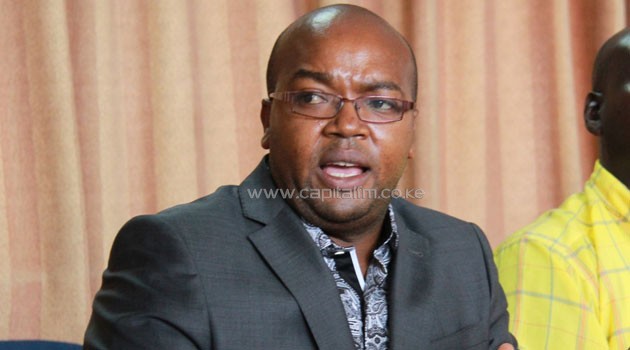
Director of Medical Services Nicholas Muraguri assured Kenyans that there is no cause for alarm/MIKE KARIUKI
Speaking while releasing the preliminary results from one of the two accredited laboratories selected by the joint committee of experts on the tetanus vaccine, co-chairman Fredric Were said 56 of the 59 vials were found to be negative.
“We found three batches which were contaminated at the middle of others. The fact is that there is a contamination which is not duplicated in the same batch… our message is that there should be vigilance,” he said.
Were said a routine monitoring and testing of all vaccines brought into the country should be enforced.
“The mass vaccination is a safe programme and should go on. All that is required is stepped up vigilance; we have no reason to say that no vaccines can take place for the next one year… we have no evidence,” he said.
On his part, Director of Medical Services Nicholas Muraguri assured Kenyans that there is no cause for alarm as immunisation programmes are safe, pointing out that vigilance and surveillance of all vaccines will be enforced.
“The clear message that this sends is that we need to be more vigilant… we need to look at any lapses there may be. The committee has also re-endorsed that the immunisation campaign in Kenya is safe and the tetanus campaign should continue,” he added.
The Kenya Conference of Catholic Bishops (KCCB) raised concerns regarding the purity of the Tetanus Toxoid Vaccine in use during the March and subsequent October 2014 tetanus immunisation campaign.
KCCB reported to have tested the tetanus vaccine and found it to be contaminated with beta HCG hormone raising public outcry leading to the forming of the joint committee.
The committee sampled nine vials submitted by KCCB which were obtained during the campaign period as well as other samples from the field and central store with batch numbers corresponding to the KCCB vials.
The committee awaits results from the second laboratory and the final report from the first laboratory.









































